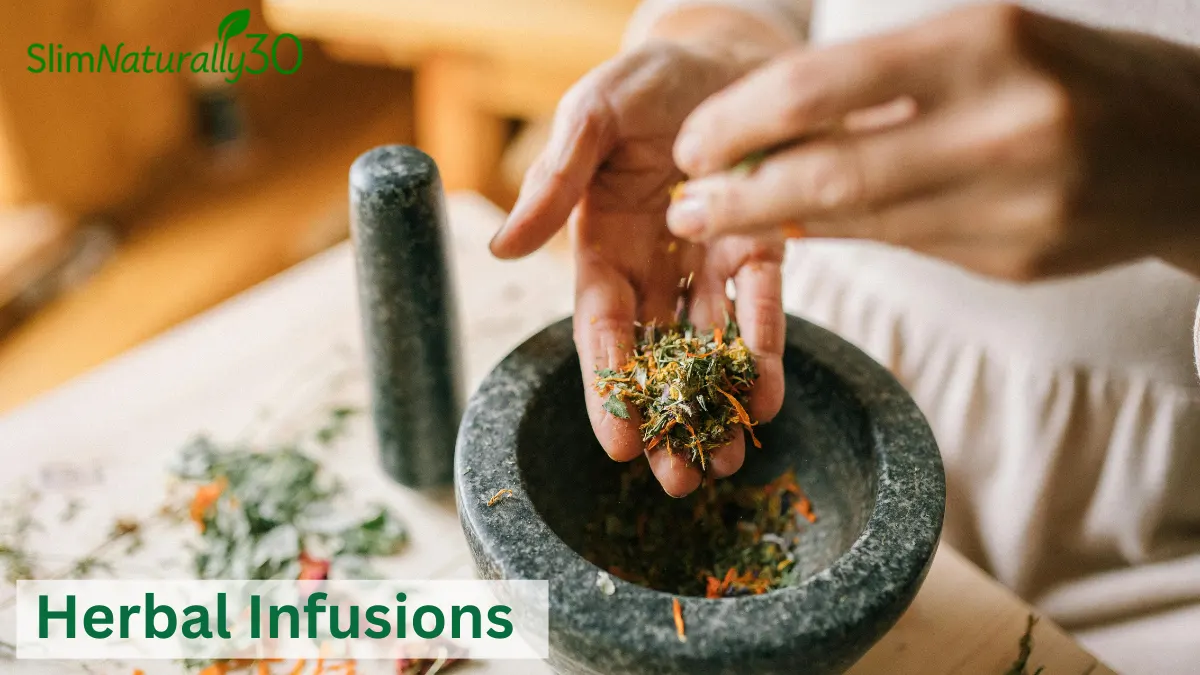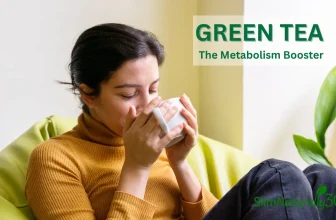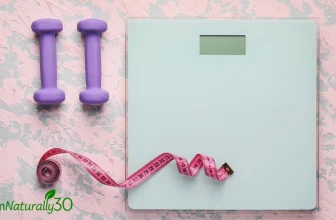
I Thought I Had a Hormone Problem. But Nothing I Tried Helped.
Every month felt like a roulette wheel. Some weeks I'd feel fine. Other weeks? Bloated, wired, exhausted, short-tempered—for no reason I could explain.
I cleaned up my diet. Took magnesium. Cut caffeine. Tried to "track my cycle" like the apps said. But nothing changed.
And I started wondering: is this just what being a woman after 30 feels like?
No one told me to look at my gut. Not once.
It Wasn't Just PMS. It Was a Loop I Couldn't Break.
I started noticing the same cycle, month after month. Energy dip. Skin dullness. Gut weirdness I couldn't describe—like I felt full and empty at the same time. And the irritability? It didn't feel like "me."
I blamed hormones. Obviously. But deep down, I kept asking: why does it feel so physical… and yet unfixable?
One night, after crying over a salad I didn't want, I Googled: "hormone symptoms but nothing works."
Somewhere on page two, a word popped up I'd never seen before: beta-glucuronidase.
The Gut Wasn't Just Digestion. It Was Hormonal Too.
That word—beta-glucuronidase—led me down a late-night rabbit hole I didn't expect. It turns out your gut isn't just for digesting food. It actually helps process excess hormones—especially estrogen.
There's this whole system called the estrobolome, a set of gut bacteria that manage estrogen metabolism. If your gut's balanced, it helps move used-up hormones out. But when it's off—due to stress, antibiotics, sugar, poor fiber—you don't eliminate them properly.
And that's where beta-glucuronidase comes in. When overproduced by certain gut bacteria, it can recycle estrogen back into your system instead of excreting it. So instead of flushing out what your body no longer needs, you're unknowingly reabsorbing it—day after day.
What does that feel like? For me, it was:
- PMS that felt like emotional whiplash
- Anger at nothing, then guilt five minutes later
- Insomnia even when I was exhausted
- Bloat that made me dread wearing anything fitted
I had blamed age. Or maybe "just being a sensitive person." But when I saw the science… I exhaled. This wasn't imaginary. It wasn't even rare. It was just overlooked.
And no vitamin or hormone supplement had ever explained that to me.
I Didn't Change My Hormones. I Changed How I Treated My Gut.
I didn't start with a protocol or a supplement stack. I started with fiber. Simple, awkward, sometimes boring fiber.
I added chia seeds to my overnight oats. Lentils twice a week. Half a plate of greens—even when I didn't crave them. And I made peace with the bloat that came early on. Because I knew now: if it's not moving out, it's staying in.
I also swapped my probiotic. I looked for one that supported estrogen metabolism and gut lining—not just generic "digestive health." That's when I found LeanBiome. No hype, no instant glow—just fewer bad days, one week at a time.
I stopped chasing balance. I started supporting it.
I Stopped Trying to Fix My Hormones—And Started Supporting Myself
I used to treat every symptom like a signal I was broken. Mood swings? Must be my fault. Brain fog? Clearly I'm not trying hard enough. Water retention? Ugh, I probably messed up my macros.
But slowly—through food, small habits, and a better gut—I stopped blaming every dip in energy or spike in emotion. I started seeing them as rhythms. Not glitches.
Now, when I feel off, I don't go into panic mode. I go inward. Is my gut off? Have I slept? Is my mind sprinting while my body needs stillness?
Most days, the answers are enough. And on the days they're not—I don't spiral. I reset.
I Didn't Expect It to Work. I Just Needed Something That Didn't Make Me Feel Worse.
I added LeanBiome into my routine the same way I started walking again—quietly, and honestly, a little skeptical.
I chose it because it didn't promise magic. It listed real strains that I could Google. It talked about gut lining, hormone support, and inflammation—not "flat stomachs in 7 days."
Two weeks in, my PMS didn't disappear. But I didn't cry folding laundry either. My cravings didn't vanish—but I didn't feel ruled by them. And one morning, I woke up without that pressure behind my eyes. You know the one.
It wasn't big. But it was different. And sometimes, that's all you need.
→ Want my full breakdown? Read my LeanBiome review
→ See what the science says: Cleveland Clinic: Gut & Hormone Link
When You Understand the Link, Everything Else Starts to Soften
For years, I tried to outsmart my hormones. Biohack them. Suppress them. Fix them. But they were never the enemy.
My gut wasn't either.
"My body wasn't broken. It was just speaking a language I hadn't learned to listen to."
Now, I still have fluctuations. I still have moments. But they don't scare me anymore—because I know where to start when things feel off.
If this resonated with you, you might also like:
→ How Gut Health Affects Your Skin and Mood
Frequently Asked Questions
Can gut issues really affect hormones?
Yes. The gut plays a key role in estrogen detox and inflammation regulation. An imbalanced gut can worsen PMS, mood swings, and metabolic symptoms.
How do I know if my gut is impacting my hormones?
Common signs include bloating, fatigue, emotional reactivity, or worsening symptoms around your cycle—despite a healthy lifestyle.
What can I do to support the gut–hormone axis?
Focus on fiber, reduce stress, improve digestion, and consider targeted probiotics like LeanBiome that support hormonal balance through the gut.







